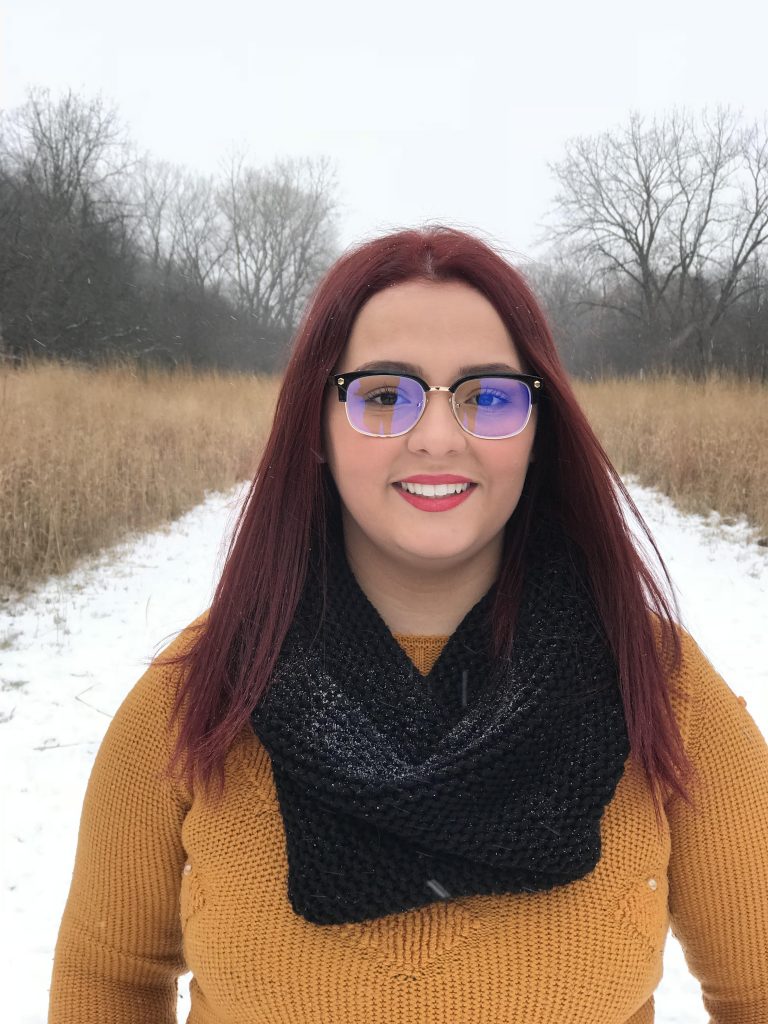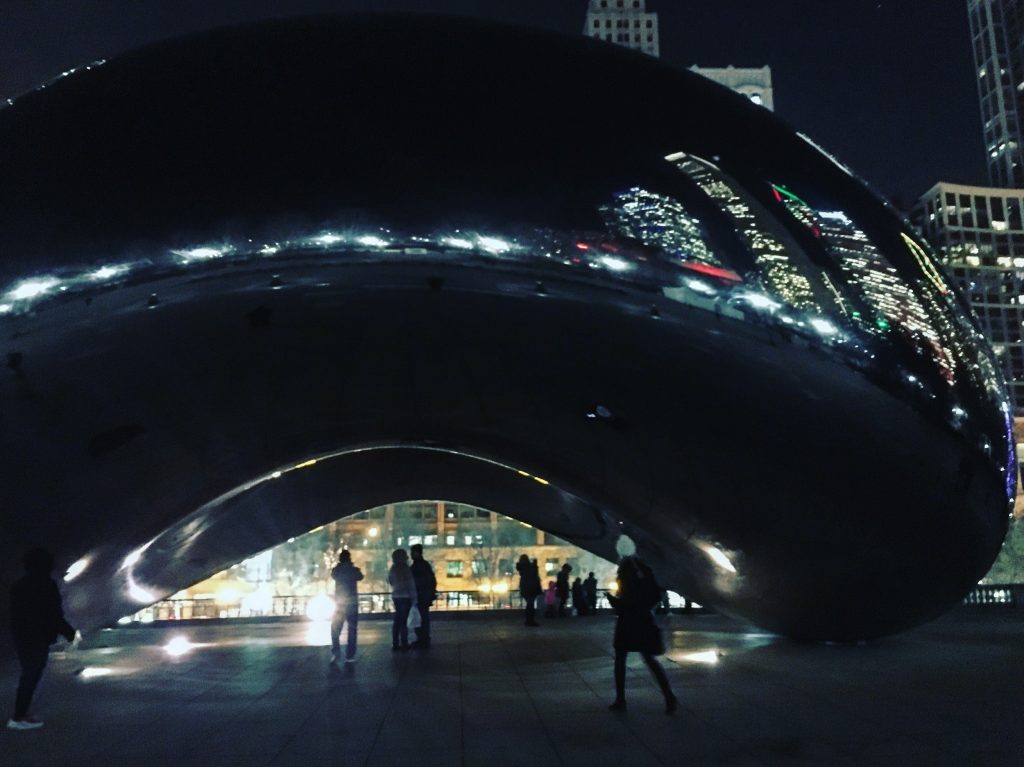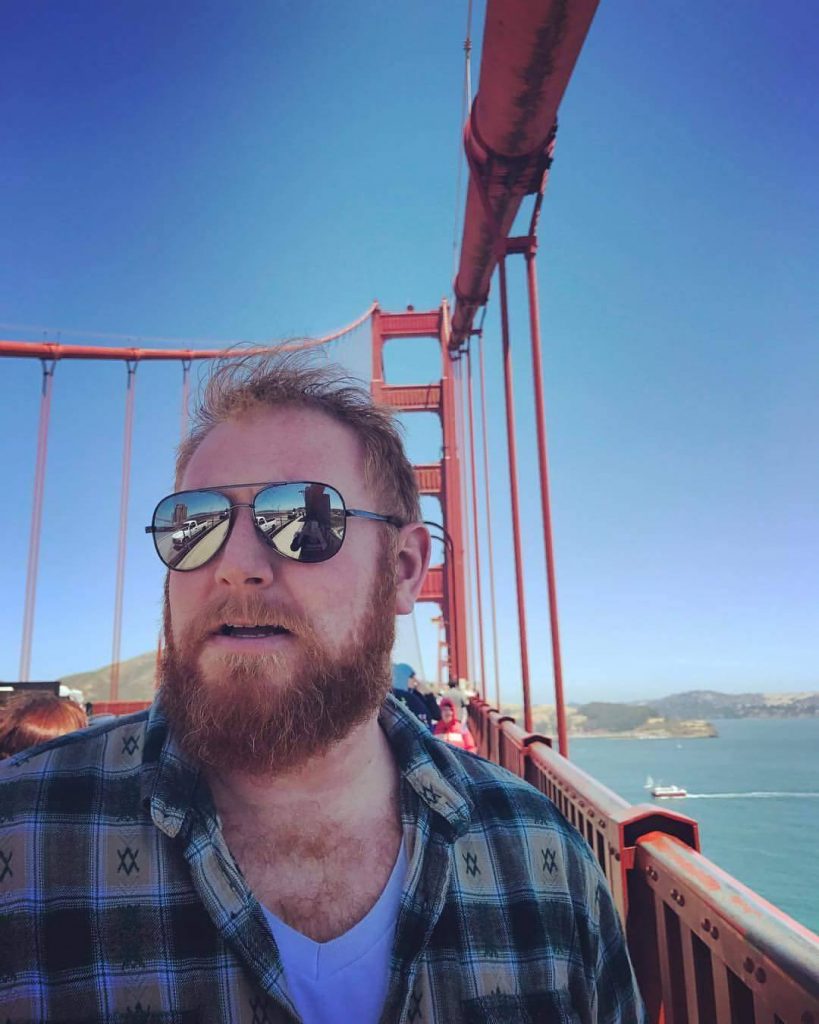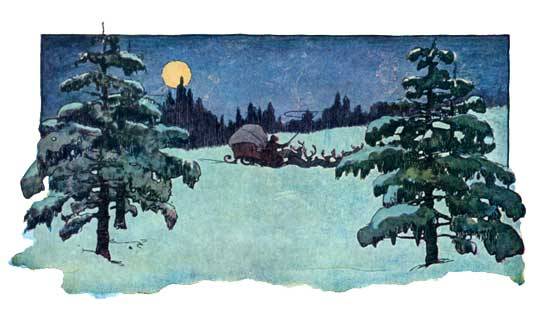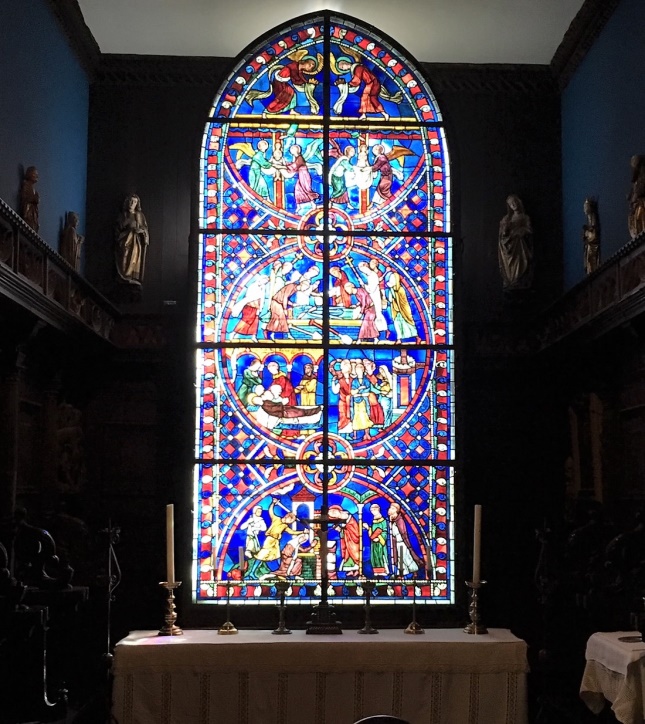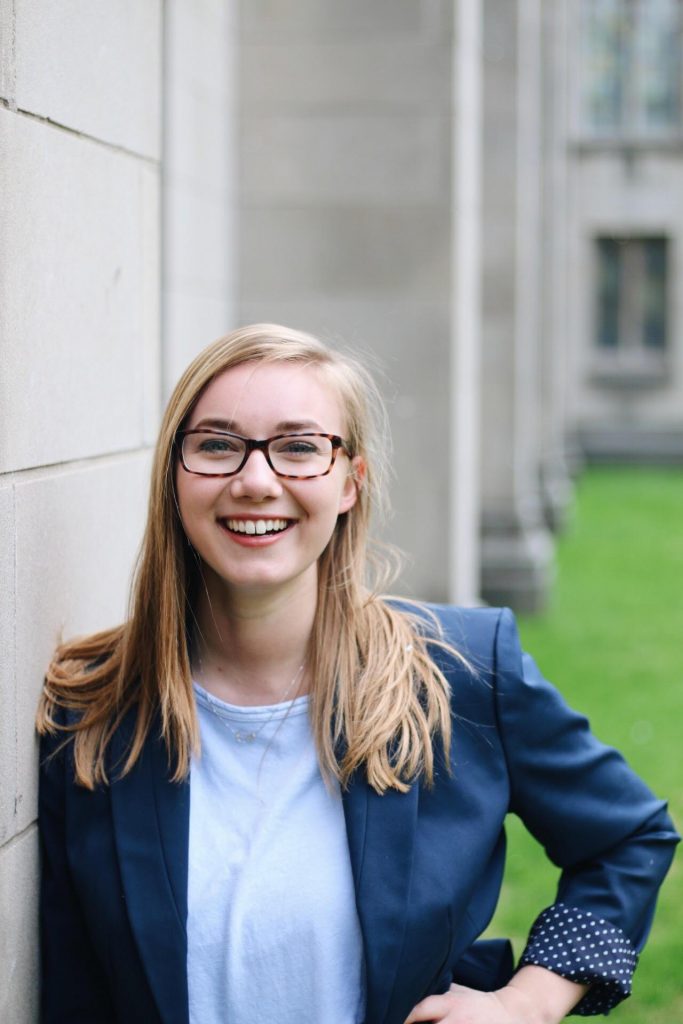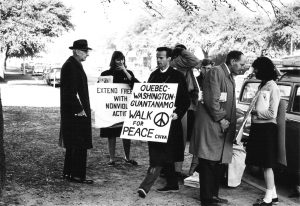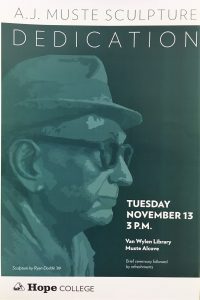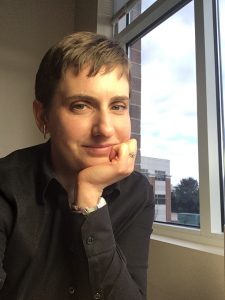Today’s post takes us all the way to Honduras, to hear from 2015 grad Laura Van Oss, who studied English for Education here at Hope. Laura, what are you doing now, and how did you wind up doing it?
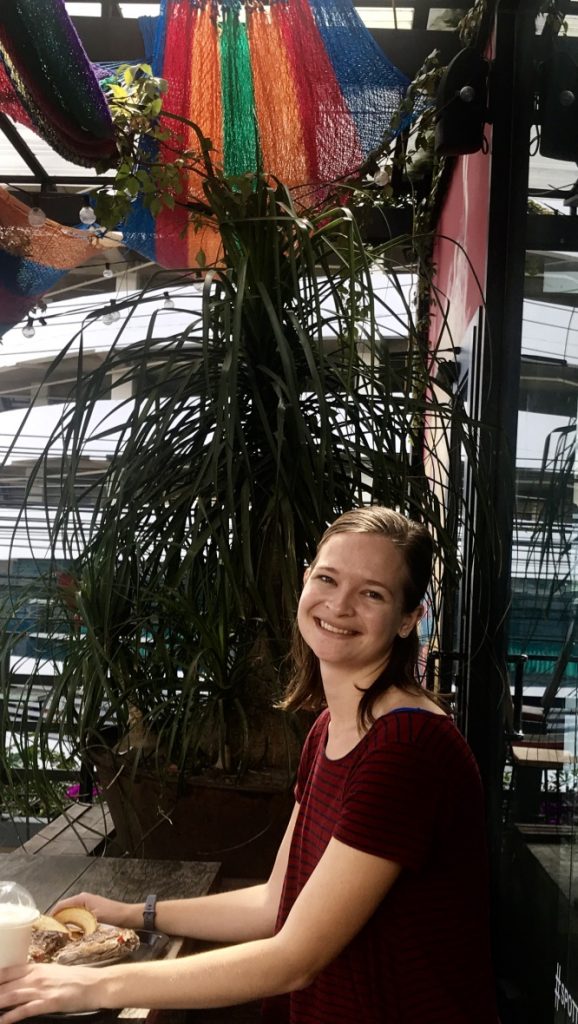 My graduating year, Nancy Cook in the Education department connected me with International School Tegucigalpa, a private Christian school serving mostly local students from preschool through 12th grade in the capital city of Honduras. I planned to teach abroad for two years, but I’m now in year four and absolutely love it.
My graduating year, Nancy Cook in the Education department connected me with International School Tegucigalpa, a private Christian school serving mostly local students from preschool through 12th grade in the capital city of Honduras. I planned to teach abroad for two years, but I’m now in year four and absolutely love it.
I teach a literature-based English class to bilingual and English-language-learning 7th graders. I live with a great group of North American teachers, and I get to travel and have summers free to visit Michigan. Last year, I completed a master’s degree in Bilingual Education with a cohort of International School teachers, and I’m still enjoying literacy research and implementing new language-learning techniques in my classroom.
Wow, you’ve been pretty busy! How did your Hope English education shape you?
When I first came to Hope, I was going to be a high school Spanish teacher. I wasn’t thinking about English at all until my freshman advisor told me I had to pick a minor for secondary education. I am so grateful for the role my English education has played in my career. I couldn’t possibly think of a better way to engage my passions than teaching English to Spanish speakers by convincing them to fall in love with Hatchet.
I’m especially grateful for my experience working at the Writing Center and for David James’ expository writing course. He gave me a hard time about my idealistic passion for teaching, but it turns out his techniques transfer very effectively to teaching writing skills to 7th graders.
What advice would you give to current English majors or students considering an English major?
One of my favorite things anyone has ever said to me came from a former student, talking about how much she loved reading. She said, “It’s because of you, Miss. And Wonder. And Paper Towns.”
Teaching comes in many different forms, whether in higher ed or other job sectors, and might be worth considering even if you are not studying Education. If you can find a way to share your passion for books with others, you will be fulfilled not matter what.
You’re an English teacher already, but if you could teach any college-level English class, what would be the title?
“Storytelling Forms in Sitcoms.” We don’t consider TV often enough as a medium worthy of study, but I’m fascinated by how character development and humor functions in sitcom writing, and how those techniques have changed based on how we consume media.
Favorite book read recently or in college?
I mostly read Young Adult novels these days, and I am always happy to convince everyone they can be well worth reading. No question, right now everyone should read The Hate U Give by Angie Thomas.
Well, you heard it, Hope College. Get reading! Thank you, Laura.


